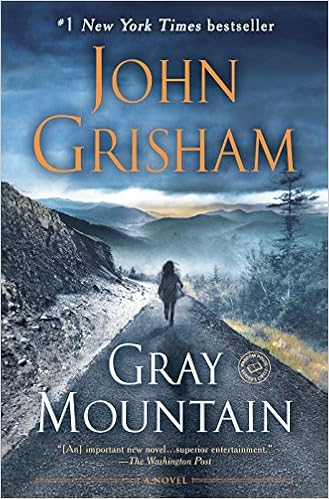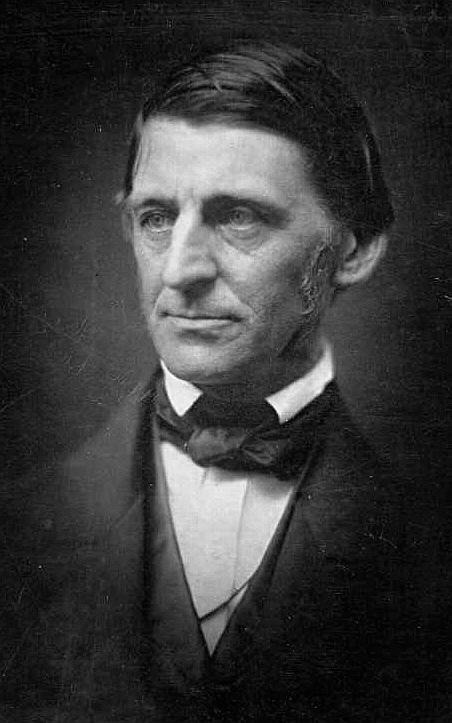 In Homer’s long and legendary poem The Iliad, one of the founding works of Greek and world literature, written in the eight century before the existence of Christ, a great cast of characters, conflicts, and choices seems to contain the wealth and wisdom of the ages: about the seduction and abduction of the Spartan queen Helen by a prince of Troy, and the war that follows, including a fight between the princes Achilles and Hector, there is a clash of cultures, and an exploration of heroism and hubris, that suggest the fundamentals of civilization.
In Homer’s long and legendary poem The Iliad, one of the founding works of Greek and world literature, written in the eight century before the existence of Christ, a great cast of characters, conflicts, and choices seems to contain the wealth and wisdom of the ages: about the seduction and abduction of the Spartan queen Helen by a prince of Troy, and the war that follows, including a fight between the princes Achilles and Hector, there is a clash of cultures, and an exploration of heroism and hubris, that suggest the fundamentals of civilization.
Category: Literary criticism
An Appreciation of Zora Neale Hurston and Their Eyes Were Watching God
In Their Eyes Were Watching God, Zora Neale Hurston, an appreciator of different kinds of language and literature, a modernist who remembered tradition, describes Janie Crawford’s stifling life and surprising growth with language that is, as needed, confiding, folksy, general, poetic, philosophical, or startlingly specific.
Stranger, Friend, Artist, and Literary Legacy: James Baldwin and His Interpreters
 I, as a reader and writer, as well as a citizen interested in social progress, was impressed, almost always, by Baldwin’s determination to bring eloquence, compassion, and wisdom to the hostilities and hopes he perceived, beyond the controversies of lasting conflicts—but I noted, as did others, that, with time’s passage, his disappointments inspired him to a brutal bluntness that could be read as bitterness.
I, as a reader and writer, as well as a citizen interested in social progress, was impressed, almost always, by Baldwin’s determination to bring eloquence, compassion, and wisdom to the hostilities and hopes he perceived, beyond the controversies of lasting conflicts—but I noted, as did others, that, with time’s passage, his disappointments inspired him to a brutal bluntness that could be read as bitterness.
Writing in Uncertain Times at The Wollongong Writers Festival
 The Writing In Uncertain Times event at The Wollongong Writers Festival featured an amazing panel of commissioning editor for PRH, Lex Hirst, rapper and poet Omar Musa, author and screenwriter, Amal Awad and debut novelist, Daniel Findlay. The event concluded to this year’s festival and author, reviewer and interviewer Samuel Elliot was there to cover it.
The Writing In Uncertain Times event at The Wollongong Writers Festival featured an amazing panel of commissioning editor for PRH, Lex Hirst, rapper and poet Omar Musa, author and screenwriter, Amal Awad and debut novelist, Daniel Findlay. The event concluded to this year’s festival and author, reviewer and interviewer Samuel Elliot was there to cover it.
A review of Gray Mountain by John Grisham
 Grisham employs several new strategies that constitute his most meaningful strides towards lessening prejudice against women and giving them a strong status in the legal field as is true nowadays in attempting to create a strong novel with a strong heroine: nearly no objectification towards women, objectification of men, and verbalized desire to change their status quo and lessen objectification.
Grisham employs several new strategies that constitute his most meaningful strides towards lessening prejudice against women and giving them a strong status in the legal field as is true nowadays in attempting to create a strong novel with a strong heroine: nearly no objectification towards women, objectification of men, and verbalized desire to change their status quo and lessen objectification.
A review of Small Acts of Disappearance by Fiona Wright
 These are close and moving readings that provide depth and personal insight into the narrative framework, the themes that pivot around mental illness and hunger, and the characters that become Wright’s partners through her own recovery. It’s not a facile recovery though. The memory of hunger is almost as acute as the hunger itself.
These are close and moving readings that provide depth and personal insight into the narrative framework, the themes that pivot around mental illness and hunger, and the characters that become Wright’s partners through her own recovery. It’s not a facile recovery though. The memory of hunger is almost as acute as the hunger itself.
Freedom, Knowledge, Power: The State of the Nation and Its Arts, circa 2015
 Where does one go if one wants to discuss the arts, philosophy, or political problems and solutions? Where does one go if one wants to discuss socialism or multiculturalism or feminism or bisexuality or androgyny? How does one reconcile the fact of genuine intellectual work with a society that values the shallow and sensational?
Where does one go if one wants to discuss the arts, philosophy, or political problems and solutions? Where does one go if one wants to discuss socialism or multiculturalism or feminism or bisexuality or androgyny? How does one reconcile the fact of genuine intellectual work with a society that values the shallow and sensational?
A review of The Court Poetry of Chaucer by James Dempsey
With the original easily available, the reader can with only slight adjustment connect to the original. If Dempsey’s version is a crutch, it is a comfortable and useful one. The versification is consistent and its occasional use of phrases with a modern topical allusions is amusing, a kind of sly wit that Chaucer would appreciate.
Neil Gaiman: Part Two: Short Stories and the Poems
 All fiction is fantasy according to Gaiman. This statement is too airy a wave of the hand. It amounts to no more than that only writers with imagination write stories. The combination of the real and the fantastic is not peculiar to Gaiman, but some writers make the combination with notable skill. There is no question in Gaiman’s work. He manages seamless documents for the most part.
All fiction is fantasy according to Gaiman. This statement is too airy a wave of the hand. It amounts to no more than that only writers with imagination write stories. The combination of the real and the fantastic is not peculiar to Gaiman, but some writers make the combination with notable skill. There is no question in Gaiman’s work. He manages seamless documents for the most part.
The Cultural Politics Discussion Group: Gestures Toward an American Utopia (featuring Experiments in Criticism)
This article commemorates the Cultural Politics Discussion Group (1989-1993) and offers comment on literature and literary criticism, Pirandello, John Stuart Mill, and also articulates questions about feminism and Jewish modernity.